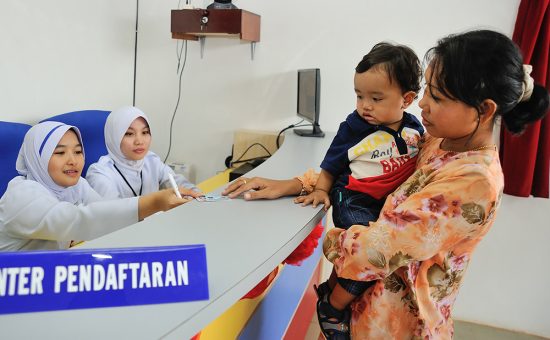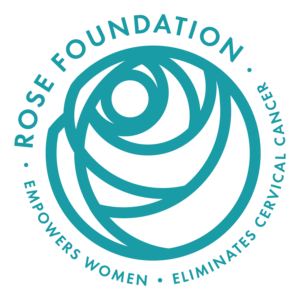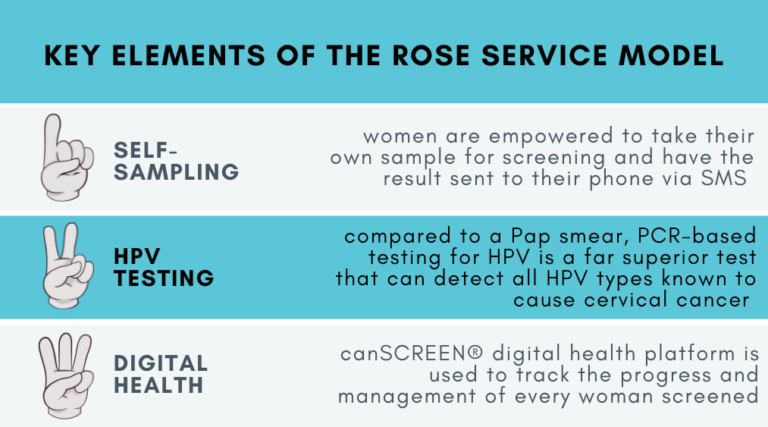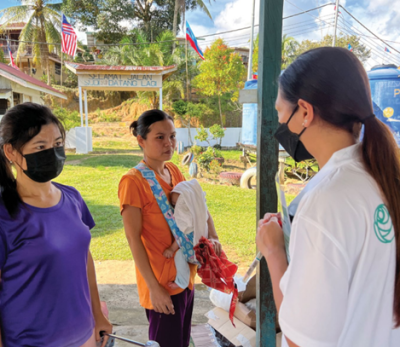Malaysia
Program ROSE leverages community engagement, upskilling of healthcare professionals, mobilising community volunteers, and collaborating with other strategic community development initiatives and health services.
Working Towards Prevention
Despite being a largely preventable cancer, cervical cancer remains the third most common cancer amongst Malaysian women. Only 25% of eligible Malaysian women have ever had a cervical screening test, despite efforts to raise public awareness and provide access to screening in healthcare facilities.
Barriers to a successful screening program include fear, embarrassment, inconvenience, lack of awareness about cervical screening, poor infrastructure, and lack of dedicated resources and staff.


Program ROSE
Program ROSE (Removing Obstacles to Cervical Screening) was established in June 2018 as a collaborative initiative between ACPCC and the University of Malaya, to build an innovative cervical screening program to enhance Malaysian women’s personal journeys of maintaining good cervical health. It commenced as a pilot program, targeting 2,000 women across five clinics in Malaysia and has since expanded across the country to screen over 20,000 women.

The Program ROSE service model components of self-sampling, HPV testing and canSCREEN®, together with global partnerships, local expertise and community mobilisation, provide critical learnings and insights into screening models in countries who are striving to eliminate cervical cancer.
Publication: The Implementation of a Primary HPV Self-Testing Cervical Screening Program in Malaysia through Program ROSE—Lessons Learnt and Moving Forward
Yin Ling Woo, Su Pei Khoo, Patti Gravitt, David Hawkes, Reena Rajasuriar, Marion Saville.
Current Oncology. 2022, 29, 7379–7387.
Read more…




















